Topic: Team culture
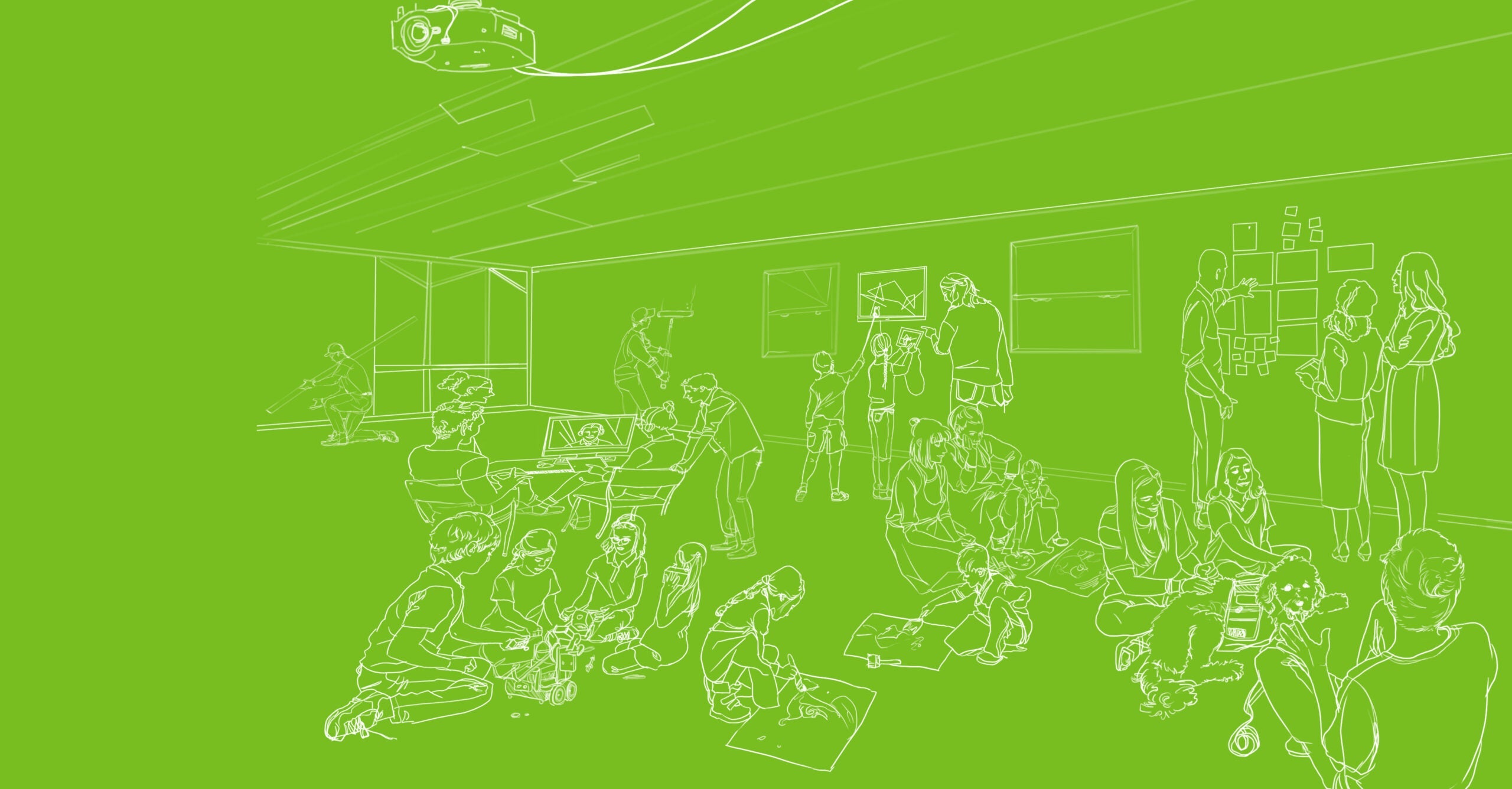
Gaining a deeper understanding of your team members
These two activities invite team members to gain a deeper understanding of one another, including backgrounds and context for teamwork.
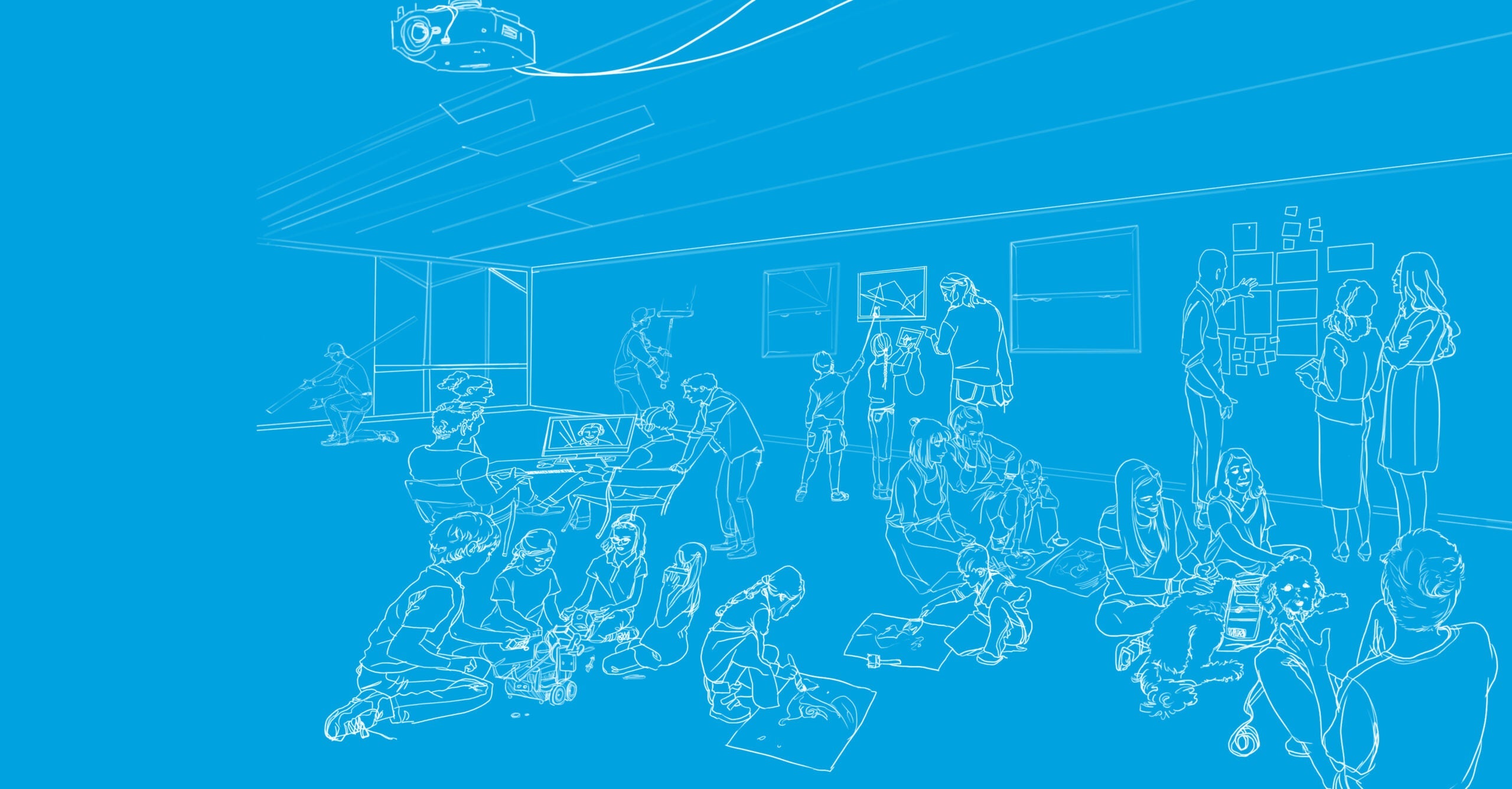
Relationships come first
Learn how MLFC works with schools and other partners to 1) provide all students with deeper and personalized learning by building teams of educators with distributed expertise and 2) empower educators by developing new opportunities for role-based specialization and advancement.
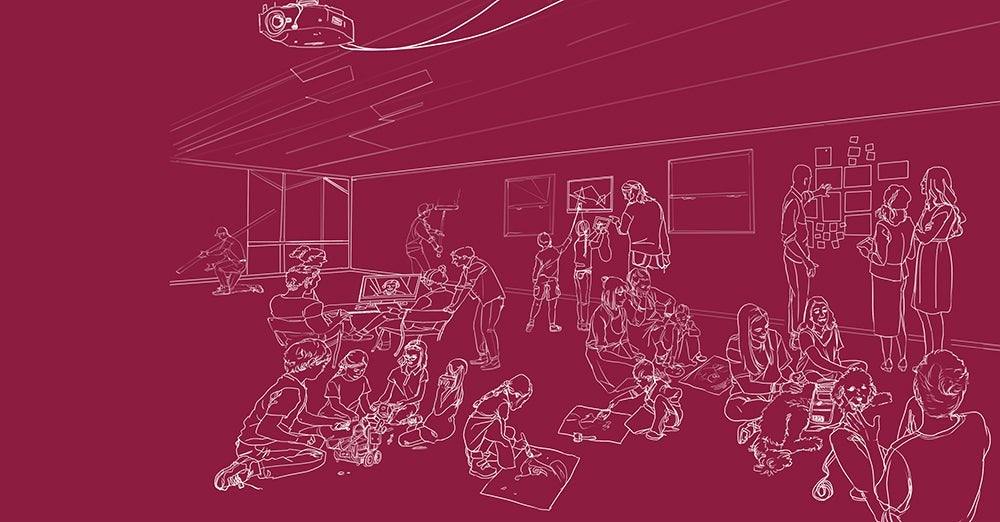
Educational legacies: Reflecting on and sharing the personal connections you make between race, class and education
In this activity, you will reflect on the connections you make between race, class and education; share those connections with your team; and listen as team members share. This activity is an opportunity to gain an understanding of each other’s lived experiences and build empathy and trust.
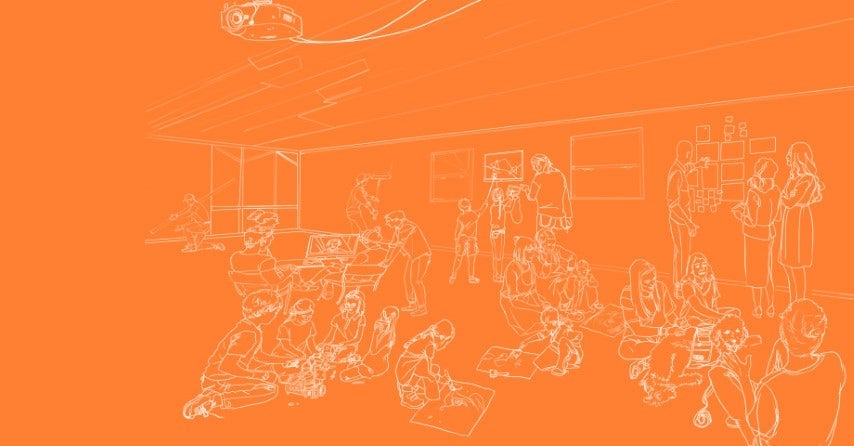
Establishing norms for managing conflict
Through this activity, educator team members reflect on their preferences for managing conflict and work together to agree on norms for healthy conflict as a team.

Establishing communication and working styles norms
This activity offers team members an opportunity to reflect on and share what it takes for them to feel balanced, how they prefer to process information, what they need most from their team members and more. After reflecting and sharing, team members will work together to create norms for communication and working styles.

River of life
This activity invites team members to gain a deeper understanding of one another, including backgrounds and context for teamwork. In it, you will create a map that captures key life experiences and then share your map with your educator team.

Story of self
This activity invites team members to gain a deeper understanding of one another, including backgrounds and context for teamwork. In it, you will respond to questions about your background, education, hobbies and more, and then share responses with your team.

Reflecting on social identity: Examining and sharing about group belonging
In this activity, you will create and share with your educator team a visual representing your social identity. Social identity is the story others tell about you and where you fit into society or the groups to which you belong (e.g., your race, ethnicity, gender identity).

Reflecting on personal identity: Examining and sharing what makes you unique
In this activity, you will create and share with your educator team a visual representing your personal identity. Personal identity is the story you tell about yourself that creates your self-concept and makes you unique (e.g., your skills, your hobbies, adjectives that describe you).

Educator team constructivist listening protocol: Reflecting, releasing emotion and constructing new meaning
In this activity, you will engage in an adaptation of the National Equity Project’s constructivist listening protocol. Together, with one or more members of your educator team, you will practice deep listening and construct new meaning about your identity and your lived experiences.

Identifying your equity imperative: Naming what you stand for and why
In this activity, you will reflect on a possible definition of equity, identify your equity imperative and share with your educator team. An equity imperative is a call to action representing an urgent and deeply felt need to address inequity. An equity imperative empowers you to answer the question, “What do I stand for and why?”
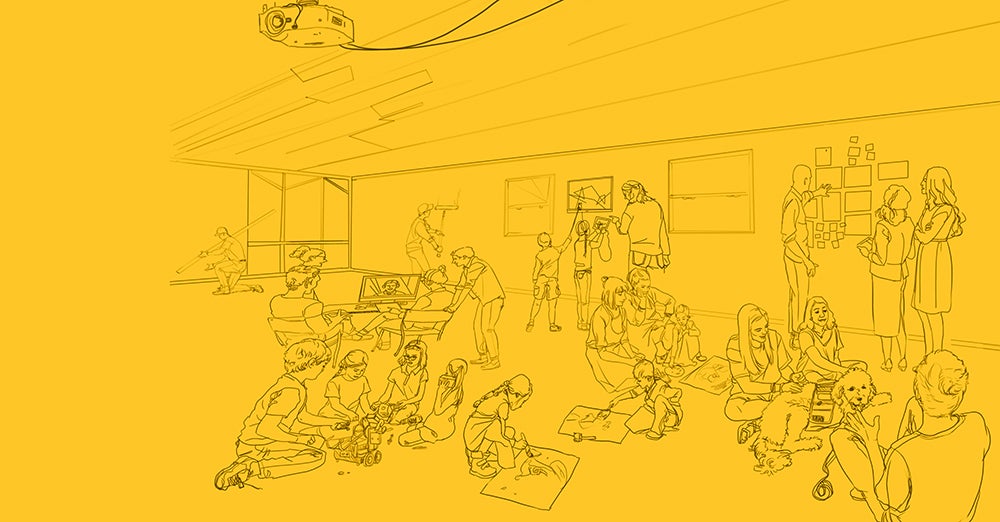
Quarterly team reflection protocol
This resource, created in collaboration with MLFC’s Principled Innovation Team, proposes a quarterly, one-hour protocol intended to help teams reflect together and build the “muscles” of empathy, awareness and resiliency. The protocol guides the team through sharing quarterly wins, reflecting on an intentional set of questions, debriefing and identifying next steps.
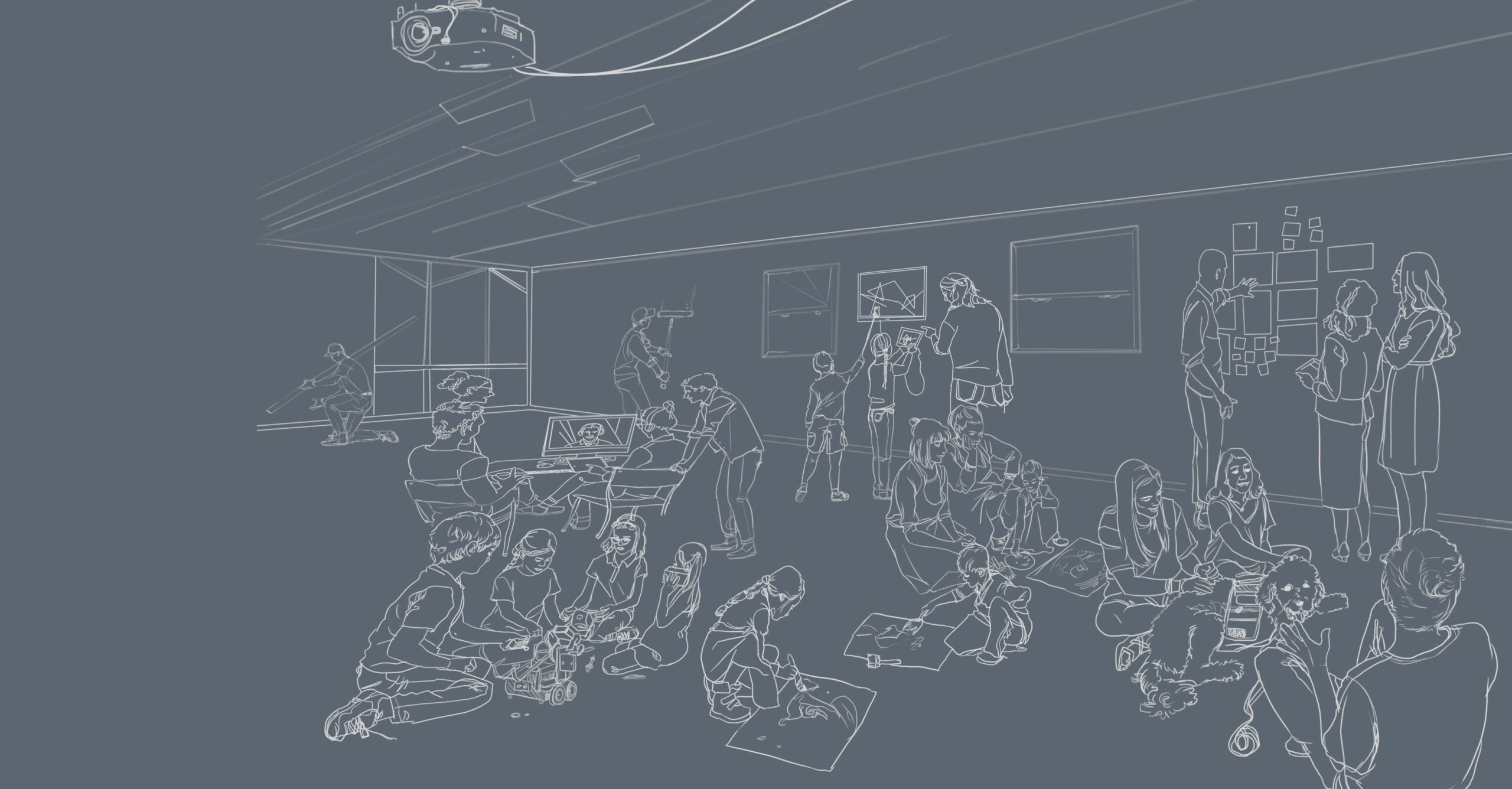
Teams and Distributed Expertise
Principal of Stevenson Elementary School Krista Adams shares how taking a teaming approach counters loneliness, empowers educators, and results in a better experience for both educators and students.

Teaming challenges: Working together and managing conflict
In this clip, Clinical Assistant Professor and Senior Program Strategist Kelly Owen shares what she sees as the biggest challenge for educators interested in adopting a team-based model and makes recommendations for how teams might overcome that challenge.

Advice for educators interested in adopting a team-based approach
Clinical Assistant Professor and Senior Program Strategist Kelly Owen shares two pieces of advice for educators interested in adopting a team-based approach.

The importance of embracing vulnerability in building a healthy team culture
Here, MLFC Resident Jordan Dick describes three benefits of teaming for Teacher Candidates placed in Next Education Workforce models.